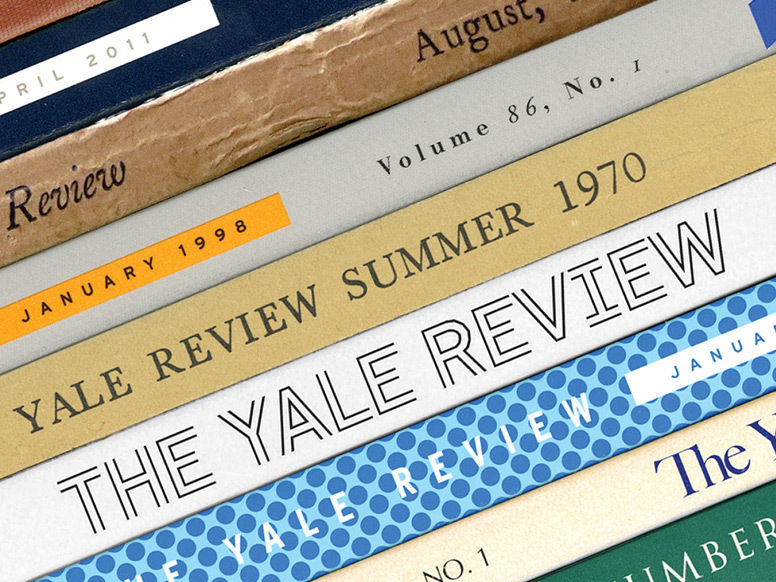BECAUSE I WAS THE ELDEST CHILD in my family, and because my father was off fighting in the Pacific, my mother kept an elaborate Baby Book, recording my earliest this and latest that. A few years ago, in a forgotten attic box, she discovered the book and sent it to me. I notice that when I reached age three, she was asked to list my Favorite Outdoor Activities. She’s put a line through “Outdoor” (from the start, I was all for the inner, or at least the indoor life), and written: “Books. Records. Puzzles.” They are still my favorites.
One puzzle to record here, a half-century later, is my abiding interest in books. I was read to, but my family was not literary. The gilded bindings of their sets of Dickens and Twain gleamed on high shelves. Time and Life are what I remember on their laps. What am I saying? I was there too! To this day, I like most to read in bed, and I suspect that’s because it recalls snuggling into my father’s lap, propped on his arm, warm, the book close to my nose, the sound of a man’s voice telling me a story I already knew by heart.
But it’s not myself I want to talk about. It’s books. It’s the difference between “reading” and reading. I offer three memories, three morals. And a motto.
First, the motto. It’s from Goethe. “All great excellence in life or art, at its first recognition, brings with it a certain pain arising from the strongly felt inferiority of the spectator; only at a later period, when we take it into our own culture, and appropriate as much of it as our capacities allow, do we learn to love and esteem it. Mediocrity, on the other hand, may often give us unqualified pleasure; it does not disturb our self-satisfaction, but encourages us with the thought that we are as good as another … . . Properly speaking, we learn only from those books we cannot judge.”
It was not until prep school that I discovered how to read properly, and I owe the discovery to a madman. At fourteen I started in on the classics. The Jesuits who ran the school are renowned as taskmasters, and that first year we were drilled in declensions and conjugations. By the following year we were considered ready for Homer, and handed over to the old priest who was to be our guide through the Odyssey. As it turned out, several years later he was retired to a mental hospital, but I remain indebted to what were then called merely his “eccentricities.” Each night’s homework consisted of a long episode to be read, parsed, translated, and understood. And our teacher did not think we could truly understand Homer, or his hero’s trials, unless we duplicated the circumstances of the poem. To that end, we were told to go each night to the basement of our homes, with a lighted candle and a bowl of applesauce (for its Hellenic tang)—and, between gulped spoonfuls, declaim the Greek, pretending we were in the dank, dark hold of a storm-tossed ship. I was never, before or since, so enthralled to a text. I now realize that what excited me then was not just the story or the theatrics. It was the words themselves. Because the Greek words were strange, I had to think about them, about their sound and etymology, their meanings and overtones, how they were combined into sentences and metaphors. The mad old priest was right: reading Homer finally involved the same struggle and search, adventures and homecoming Odysseus himself was driven to.
